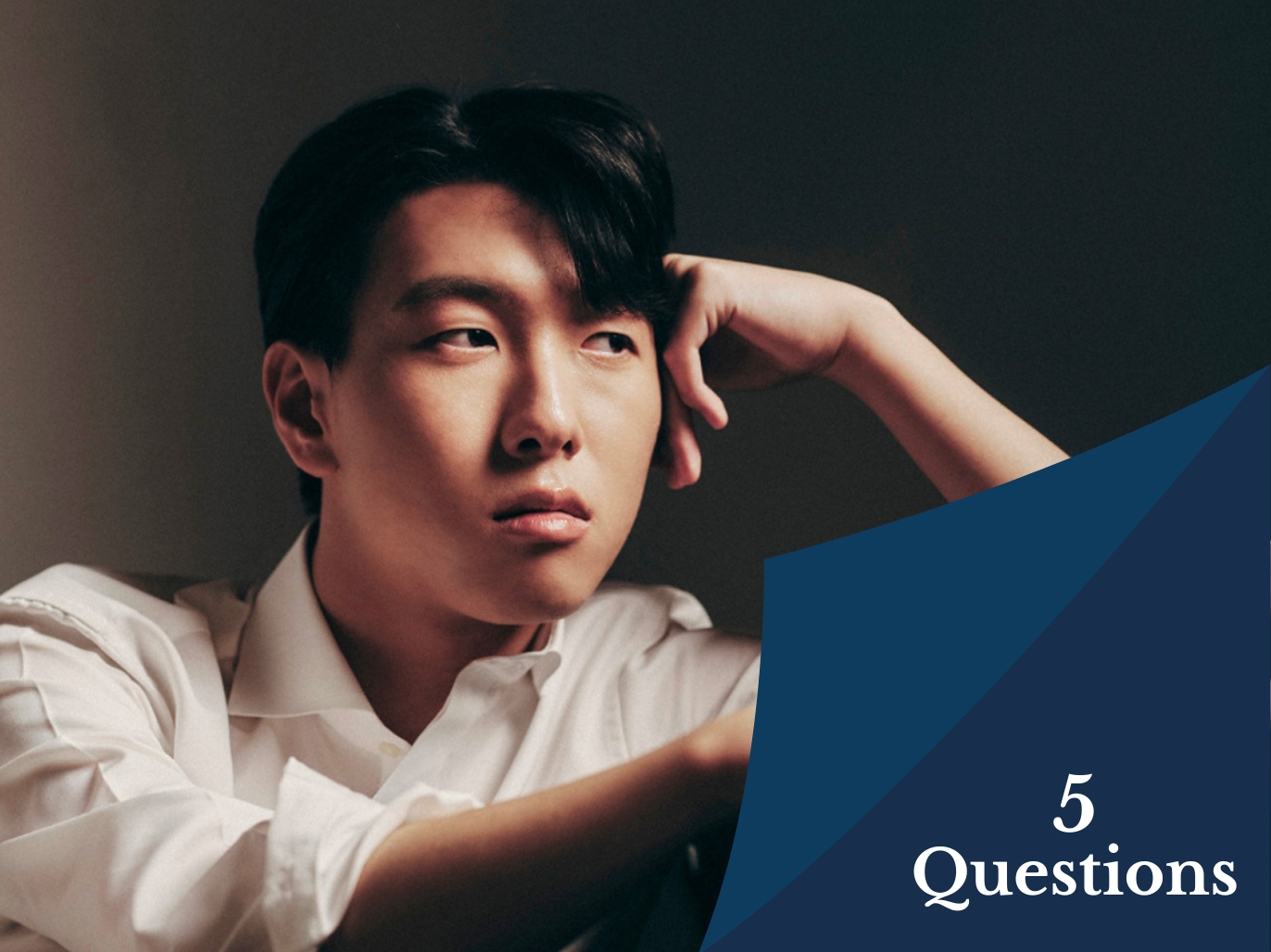South Korean pianist Saehyun Kim, winner of the Long-Thibaud-Crespin Competition, has been captivating audiences with his thoughtful and nuanced playing. We caught up with him during his recital at the Fondation Louis Vuitton on 5 November to hear his thoughts on intuition, audience connection, and the ways his generation is shaping the future of classical music.
View author's page
Reading time estimated : 3 min
What’s the best piece of advice you’ve received about music?
It’s more of a life advice than a music one, but I think it’s applicable: a conductor once told me to follow my intuition.
You won the prestigious Long-Thibaud-Crespin Competition earlier this year. Looking back, which moment stands out most vividly to you?
I think the moment after the last note of the competition.
There was a lot of applause, but it felt as if I was alone in the space.
How do you see your generation shaping the future of classical music?
I’m not sure I represent my generation very well. But I’d say it’s a responsibility we carry all the time—to make classical music accessible to all audiences. In that sense, our generation has a future we also have to care about.
When you are not at the piano, how do you recharge creatively?
Nowadays, I’ve gotten into watching very light history videos on YouTube. But the things that always work are eating good food, sleeping, or taking a walk.
Other than classical music, I also listen to old Korean pop music.
Saehyun Kim performs Chopin’s Études, Op. 25, No. 1 in A-flat Major.
What do you hope the audience will take away from your recital?
I think what the audience takes away from my recital is something I shouldn’t interfere with. Everyone feels something different from a performance.
Of course, I’m always happy when my intentions are communicated to the audience—I feel very satisfied when that happens.
But the audience is free to feel anything they would like to feel from my performances.

